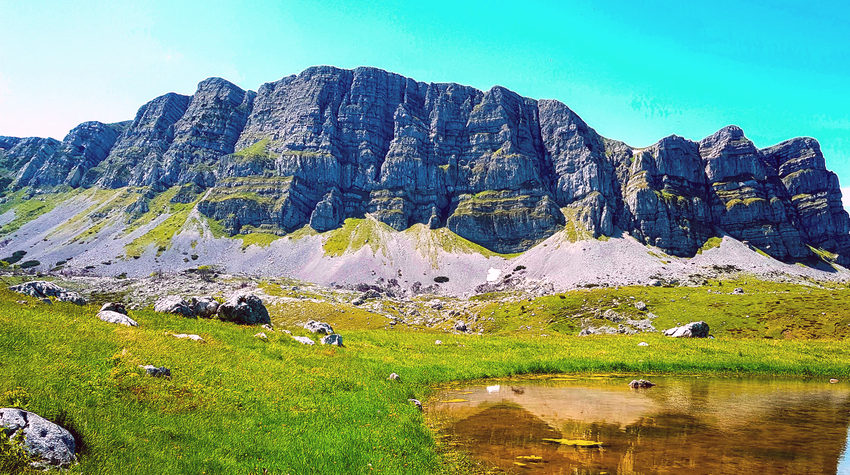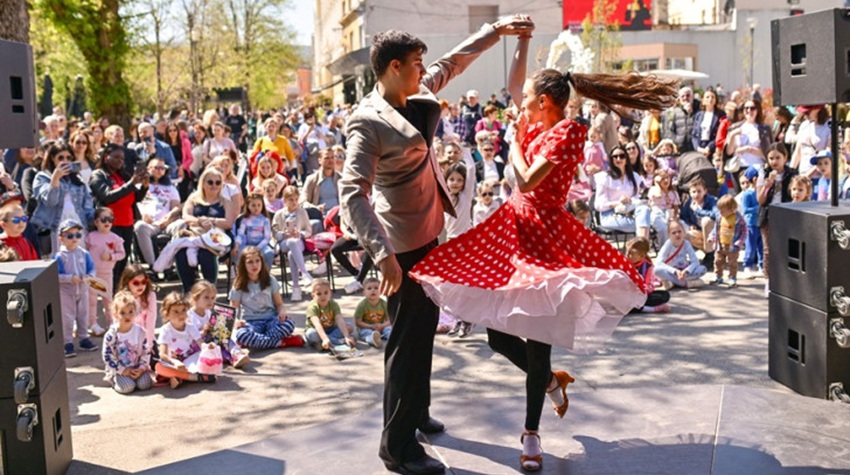NEW POSTAGE STAMP FEATURING "RMANJ MONASTERY" RELEASED
On September 9, the Serbian Post launched a new postage stamp featuring the "Rmanj Monastery."
The stamp is dedicated to one of the oldest Orthodox
monasteries in Bosnia and Herzegovina, highlighting the cultural and historical
heritage of this sacred place. Hidden from view, nestled among rocky cliffs and
fragrant pine trees, the Rmanj Monastery rose six centuries ago as a guardian
of the Serbian people's soul and a witness to the age-old struggle for faith
and freedom.
Dedicated to St. Nicholas of Myra, the monastery was built
in 1443 and is believed to be the endowment of Katarina Branković, daughter of
Đurađ Branković and wife of Ulrich II of Celje. The spiritual significance of
the monastery is further emphasized by the fact that from 1566, the seat of the
Dabro-Bosnian Episcopate (Metropolitanate) was located in Rmanj for over a
century. The Rmanj Monastery is situated in Martin Brod and belongs to the
Bihać-Petrovac Diocese.
The author of this edition is Tanja Kuruzović, and the graphic designer and publisher is the Serbian Post.
The most prominent
metropolitan who resided in Rmanj was Metropolitan Theodor, who founded the
seminary at the Krka Monastery in 1615.
For 110 years, Rmanj served as the seat of the Dabro-Bosnian
metropolitans. The monastery also housed an icon-painting school, and sacred
and liturgical books were copied there.
The turbulent history of this region, at the crossroads of
Lika, Kordun, and Banija, has not spared this holy place. Rmanj was destroyed
and burned multiple times, primarily during wartime conflicts. Even today,
under the walls of this sacred site, one can feel the presence of ancestors and
the weight of history.
The people of Krajina fought for truth and justice, freedom
and peace, a Christian and human duty, as attested by this monastery, which
preserves the history and culture of the Serbian people from being forgotten.












